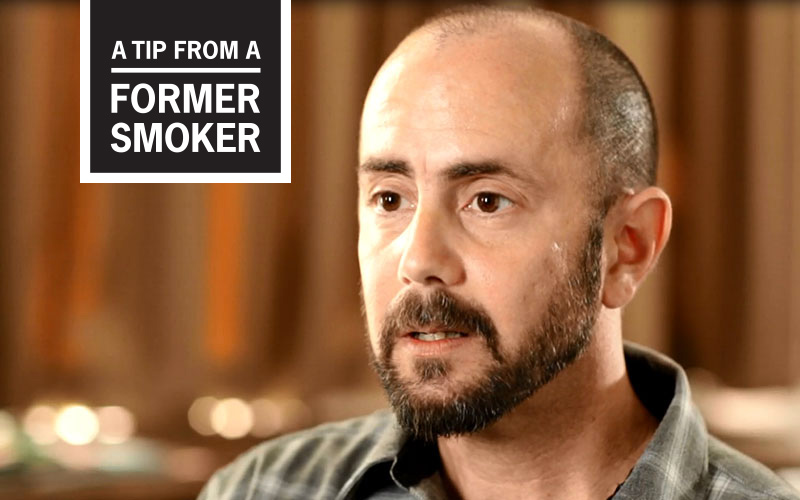If you ask people who smoke, chances are high that they will tell you they wish they’d never picked up the habit. Studies have taken place over the years that prove smoking is a contributor to heart disease, cancer, stroke and other serious health conditions. The problem may be compounded for truck drivers.
1. Vehicle Explosion
When a trucker is transporting flammable materials, they are already at risk. Smoking and driving, or smoking near the truck, obviously ups the ante when it comes to explosions. Many people aren’t aware that it’s not the liquid that burns, but the vapors. This goes for hazmat cargo as well as fuel. Federal regulations dictate that a hazmat driver smoke more than 25 feet away from their trucks. They are not permitted to smoke while driving, and they should never smoke while fueling up.
2. Smoking Causes Cancer
People realize that smokers are more likely than others to develop lung cancer. What comes as a surprise to some is that smoking also increases the risk of other types of cancer. Smoking not only increases the risk of developing cancer, but makes it harder for the body to fight cancer once it develops.
The CDC has found that second-hand smoke also causes cancer. The agency has said that if no one smoked, one out of every three cancer deaths in the United States would not occur.
3. Type 2 Diabetes
The development of type 2 diabetes has been linked to smoking. With the weight gain that many truckers experience, the addition of smoking may increase the risk for developing this type of diabetes.
4. Anxiety and Depression
Smokers are more at risk for anxiety, depression and irritability. Smoking often makes people feel better for a moment, but the negative feelings come back. Not only that, but those who are addicted may feel jumpy and irritable when they miss a smoke.
Stress and anxiety may be a natural part of a job that requires a person to meet deadlines. Add smoking to the mix, and generalized anxiety can worsen.
5. Heart Disease
A person who is exposed to secondhand smoke or smokes regularly is at a greater risk for developing heart disease. They are also more likely to have a heart attack. Blood vessels are constricted by nicotine, and LDL levels are increased.
All of this knowledge often has truckers wishing they could stop smoking. The serious health risks are enough to make anyone want to kick the habit.
If you’ve found yourself ready to quit, but not sure how, here are some ideas.

1. Set a Date
Experts agree that setting a date to quit smoking can help. Look at the calendar and pick a date that is one or two weeks from now. Circle the date on your calendar and make that your quit date. Don’t try to stop or slow your smoking before then. Simply look forward to that day as your first as a non-smoker.
2. Nicotine Replacement
Some people aren’t able to quit “cold turkey.” if this sounds familiar, you may have more success when you use some form of nicotine replacement therapy. You could choose from gum, patches and lozenges. You may choose to cut back on cigarettes slowly and replace your usual smokes with one of these options.
3. Vaping
E-cigarettes are another form of nicotine replacement that deserve their own category when it comes to quitting smoking. A reputable brand of e-cig can replace traditional cigarettes and help people break their habit.
There are opponents to vaping, however, and e-cigarettes have not been around quite long enough for studies to show the long-term health effects. For now, they are considered to be a viable way to replace traditional cigarettes.
If you choose to use this method, be sure to follow all the manufacturer’s guidelines. Not doing so could cause your device to burn you or, in some cases, actually explode.
4. Hypnosis
Some people find hypnosis hokey, but others have found it to be incredibly helpful. People have undergone hypnosis in private sessions, in group sessions, and in the privacy of their own homes using an app on their phone.
5. Medication
Prescription medications are available for people who want to quit smoking, but need a bit of help. A doctor can prescribe these medications after performing an exam and gathering your medical history.
Many of these medications are taken before a person officially quits and work to lessen a person’s addiction to nicotine while they are trying to cut down and ultimately quit.
6. Get Motivated
Check out these videos from others who have quit the habit. It’s never too late!
https://www.cdc.gov/tobacco/campaign/tips/resources/videos/index.html
